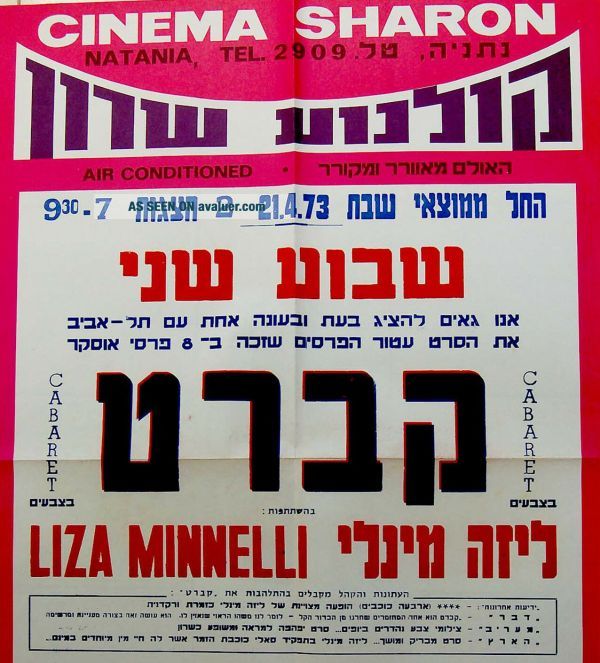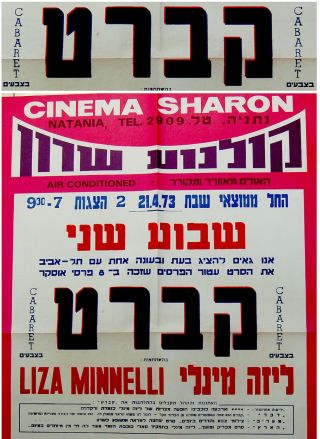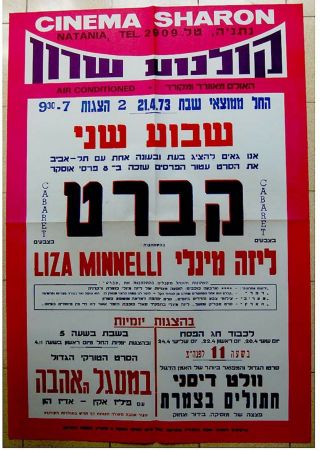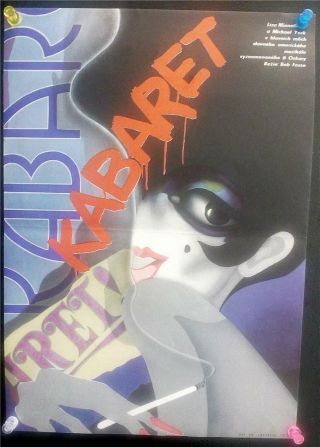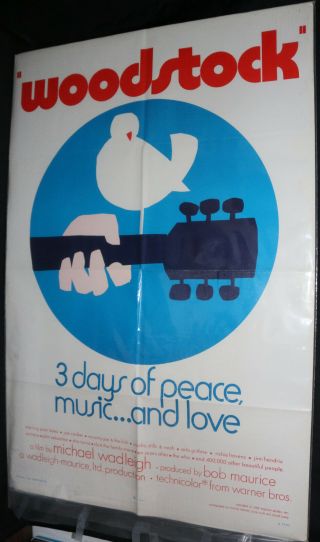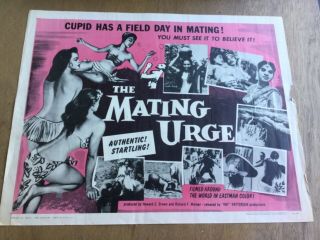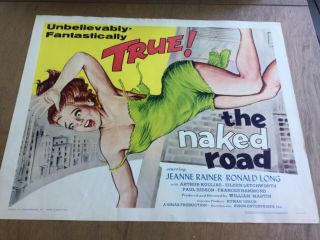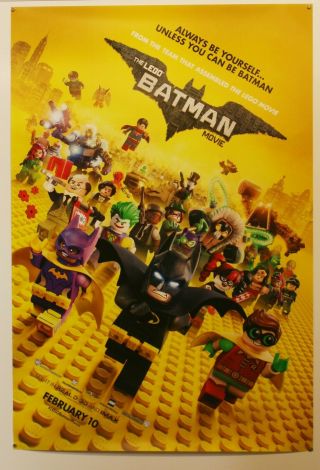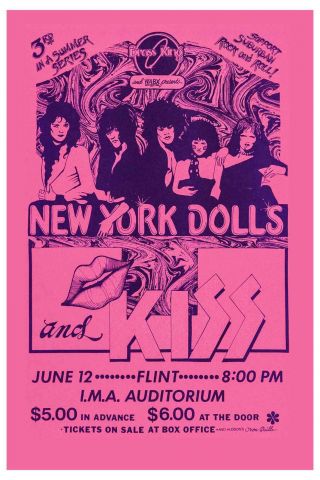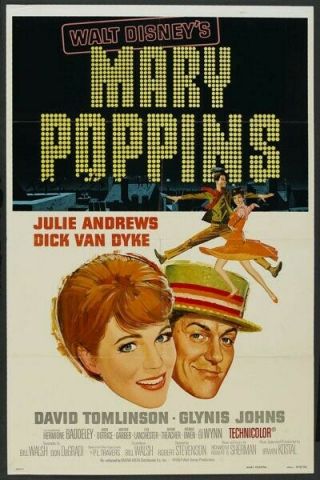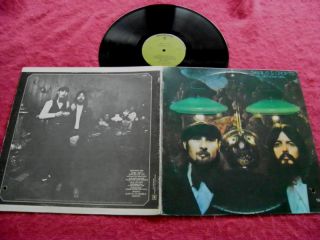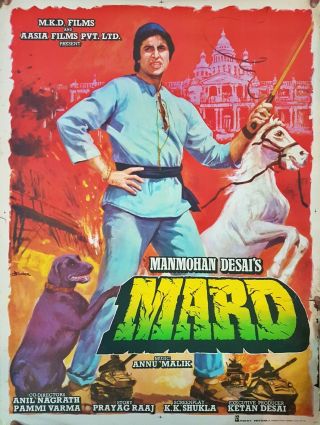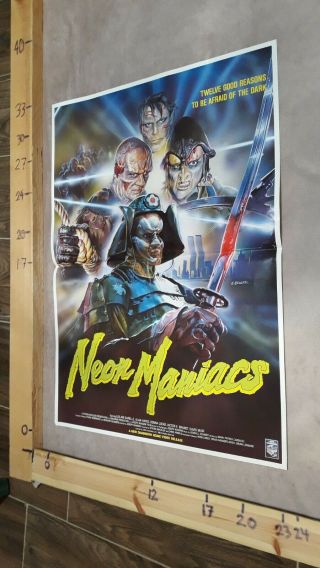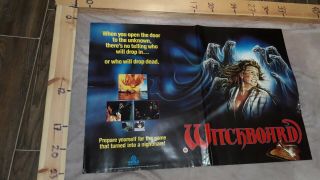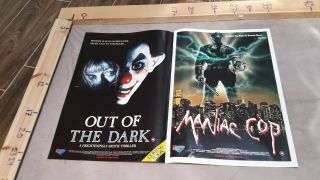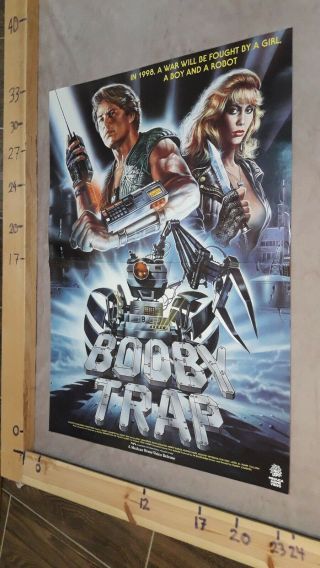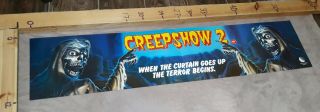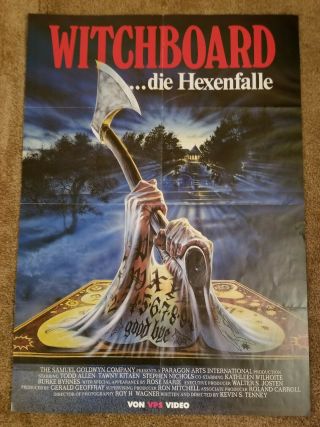1973 Israel CABARET Movie MUSICAL Hebrew FILM POSTER Jewish FOSSE Minnelli
Item History & Price
SHIPPMENT : SHIPP worldwide via registered airmail is $19 . Poster will be sent rolled in a special protective rigid sealed tube. Handling within 3-5 days after payment. Estimated Int'l duration around 14 days.
Cabaret is a 1972 musical film directed by Bob Fosse and starring Liza Minnelli, Michael York and Joel Grey.[3] The film is set in Berlin during the Weimar Republic in 1931, under the ominous presence of the growing Nazi Party. The film is loosely based on the 1966 Broadway musical Cabaret by Kander and Ebb, which was adapted from the 1945 book The Berlin Stories by Christopher Isherwood and the 1951 play I Am a Camera which was derived from the same book. Only a few numbers from the stage score were used for the film; Kander and Ebb wrote new ones to replace those that were discarded. In the traditional manner of musical theater, every significant character in the stage version of Cabaret sings to express emotion and advance the plot; but in the film version, the musical numbers are entirely diegetic, and just two of the film's major characters (The Emcee and Sally) sing songs. Plot In 1931 Berlin, American artist Sally Bowles (Liza Minnelli) performs at the Kit Kat Klub. A new arrival in the city, Brian Roberts (Michael York), moves into Sally's boarding house. A reserved English academic and writer, Brian gives English lessons to earn a living while completing his doctorate in Philosophy. Sally unsuccessfully tries to seduce Brian and suspects he may be gay. Brian tells Sally that on three previous occasions he has tried to have physical relationships with women, all of which have failed. The unlikely pair become friends, and Brian is witness to Sally's anarchic, bohemian life in the last days of the German Weimar Republic. Later in the film, Sally and Brian become lovers despite their earlier reservations, and Brian and Sally conclude with irony that his previous failures with women were because they were "the wrong three girls." Sally befriends Maximilian von Heune (Helmut Griem), a rich playboy baron who takes her and Brian to his country estate. It becomes ambiguous which of the duo Max is seducing, epitomized by a scene in which the three dance intimately together in a wine-induced reverie. After a sexual experience with Brian, Max loses interest in the two, and departs for Argentina. During an argument, when Sally triumphantly tells Brian that she has been having sex with Max, Brian begins to laugh and reveals that he has been having sex with Max as well. Brian storms off and picks a fight with a group of Nazis, who beat him senseless. Brian and Sally make up in their rooming house, where Sally reveals that Max left them an envelope of money. Later on, Sally finds out that she's pregnant and is unsure whether Brian or Max is the father. Brian offers to marry her and take her back to his university life in Cambridge. After a scene that shows Sally's ambivalence about going to Cambridge to be a housewife and mother, she proceeds with an abortion. When Brian confronts her, she shares her fears and the two reach an understanding. The film ends with Brian departing for England by train, and Sally continuing her life in Berlin, singing "Cabaret" to a highly appreciative audience. Subplots A subplot concerns Fritz Wendel (Fritz Wepper), a German Jew passing as a Christian. Fritz eventually reveals his true religious background when he falls for Natalia Landauer (Marisa Berenson), a wealthy German Jewish heiress. Although they marry, their ultimate fate is left unclear. The Nazis' violent rise is a powerful, ever-present undercurrent in the film. Though explicit evidence of their actions is only sporadically presented, their progress can be tracked through the characters' changing actions and attitudes. While in the beginning of the film National Socialist members are sometimes harassed and even kicked out of the Kit Kat Klub, a scene midway through the film shows everyday Cabaret Germans rising in song to rally around National Socialism, and the final shot of the film shows the cabaret's audience is dominated by Nazi party members. While he does not play a role in the main plot or sub-plot, the emcee (Joel Grey) serves in the role of storyteller throughout the film, acting as a sort of voyeur in the circus atmosphere. His surface demeanor is one of benevolence and hospitality ("Willkommen"), but when the floor show gets underway, he exposes the audience to the seedy world of the Cabaret. His intermittent songs in the Kit Kat Klub are risque and pointedly mock the Nazis. In a scene that seems like a nightmarish fantasy, the emcee is seen holding Sally's breasts, and it is not clear if it is memory or fantasy. Early in the film the NSDAP enjoys relative favor with the main characters, due to their strong opposition to Communism, which was a natural risk to the trio's increasingly lavish lifestyle. The rise of the National Socialist movement and their increasing influence on German society is dramatically demonstrated in the beer garden scene, when a boy—only his face is seen—begins singing a song. The song is at first a patriotic anthem to the Fatherland, but slowly descends into a darker, Nazi-inspired marching song, evolving into the strident "Tomorrow Belongs to Me" as the camera shifts to show that the boy is wearing a brown Hitler Youth uniform and lifts his hand in the Nazi salute. One by one, nearly all guests in the beer garden get up and voluntarily join in the singing and saluting. The oldest gentleman among them, however, turns away uneasily. Max and Brian flee the beer garden after the show of grass roots solidarity, realizing that the Nazis will now be difficult to "control". Cast Liza Minnelli as Sally Bowles Michael York as Brian Roberts Joel Grey as the MC Helmut Griem as Maximilian von Heune Fritz Wepper as Fritz Wende Marisa Berenson as Natalia Landauer Helen Vita as Frost Oliver Collignon (Mark Lambert, singing)[4] as Nazi youth Production Pre-production In 1971, Bob Fosse learned through Harold Prince, director of the original Broadway production, that Cy Feuer was producing a film adaptation of Cabaret through ABC Pictures and Allied Artists. Determined to direct the film, Fosse urged Feuer to hire him. Chief executives Manny Wolf and Marty Baum preferred a bigger name director such as Joseph Mankiewicz or Gene Kelly. Furthermore, Fosse’s many difficulties in directing the highly unsuccessful film adaptation of Sweet Charity gave Wolf and Baum serious concerns. Feuer appealed to the studio heads, citing Fosse’s talent for staging and shooting musical numbers, adding that if inordinate attention was given to filming the book scenes at the expense of the musical numbers, the whole film could fail. Fosse was ultimately hired. Over the next months, Fosse met with previously hired writer Jay Presson Allen to discuss the screenplay. Originally unsatisfied with Allen’s script, he hired Hugh Wheeler to rewrite and revise Allen’s work. To this day, Wheeler is referred to as merely a "research consultant" while Allen retains screenwriting credit. The final script was based less on Joe Masteroff’s original book of the stage version and more on The Berlin Stories and I Am a Camera. Fosse and Feuer traveled to Germany, where producers chose to shoot the film, in order to finish assembling the film crew. During this time, Fosse highly recommended Robert Surtees for cinematographer, but Feuer and the top executives saw Surtees’ work on Sweet Charity as one of the film’s many artistic problems. Producers eventually chose British cinematographer Geoffrey Unsworth. Designers Rolf Zehetbauer, Hans Jürgen Kiebach and Herbert Strabel served as production designers. Charlotte Flemming designed costumes. Fosse dancer Kathy Doby and John Sharpe were brought on as Fosse’s dance aides Casting Feuer had cast Liza Minnelli as Sally Bowles (a role previously denied her in the stage version) and Joel Grey (reprising his stage role) long before Fosse was attached to the project. Fosse was given the option of using Grey as Emcee or walk away from the production. Fosse hired Michael York as Sally Bowles’ openly bisexual love interest. Several smaller roles, as well as the dancers in the film, were eventually cast in Germany. Filming Rehearsals and filming took place entirely in Germany. For reasons of economy, indoor scenes were shot at Bavaria Film Studios in Grünwald, outside Munich. Location shooting took place in and around Munich and Berlin, and in Schleswig-Holstein and Saxony. Editing was done in Los Angeles before the eventual theatrical release in February 1972. Narrative and news reading Although the songs throughout the film allude to and advance the narrative, every song except "Tomorrow Belongs to Me" is executed in the context of a Kit Kat Klub performance. The voice heard on the radio reading the news throughout the film in German was that of associate producer Harold Nebenzal, whose father Seymour Nebenzahl made such notable Weimar films such as M (1931), Testament of Dr. Mabuse (1933), and Threepenny Opera (1931). Differences between film and stage version The film is significantly different from the Broadway musical. To accommodate Minnelli, Sally Bowles is Americanized. The character of Cliff Bradshaw was renamed Brian Roberts and made British, though he still remained bisexual. The characters, and plot lines involving, Fritz, Natalia and Max do not exist in the play (although there is a minor character named Max in the stage version, the owner of the Kit Kat Club, who bears no relation to the character in the film). The Broadway version used special settings to separate the fantasy world of the Cabaret from the darker rest of the world. While in the stage version (along with Isherwood's original story), Sally is a terrible singer, who thinks she's better than she actually is (preventing her from becoming the actress she wants to be and keeping her trapped at the Kit Kat Club), in the film she is portrayed as a skilled singer. Fosse cut several of the songs, leaving only those that are sung within the confines of the Kit Kat Klub, and "Tomorrow Belongs to Me" - sung in a beer garden, though in the stage play it is sung first by the cabaret boys and then at a private party. Kander and Ebb wrote several new songs for the movie and removed others; "Don't Tell Mama" was replaced by "Mein Herr, " and "The Money Song" (retained in an instrumental version as "Sitting Pretty") was replaced by "Money, Money." Interestingly, "Mein Herr" and "Money, Money, " which were composed for the film version, have, due to their popularity, now been added to performances of the stage musical alongside the original numbers. The song "Maybe This Time, " which Sally performs at the cabaret, was not written for the film. Kander and Ebb had written it years earlier for Kaye Ballard, thus making it ineligible for an Academy Award nomination. Though "Don't Tell Mama" and "Married" were removed as performed musical numbers, both appeared in the film. The former's bridge section appears as instrumental music played on Sally's gramophone; the latter is initially played on the piano in Fraulein Schneider's parlor and later heard on Sally's gramophone in a German translation ("Heiraten") sung by cabaret singer Greta Keller. Several characters were cut from the film (including Herr Schultz, with Fraulein Schneider's part greatly reduced and the whole romantic subplot removed) and several from Isherwood's original stories put back in. The entire score was re-orchestrated, with all the numbers being accompanied by the stage band. ebay1782
00133



